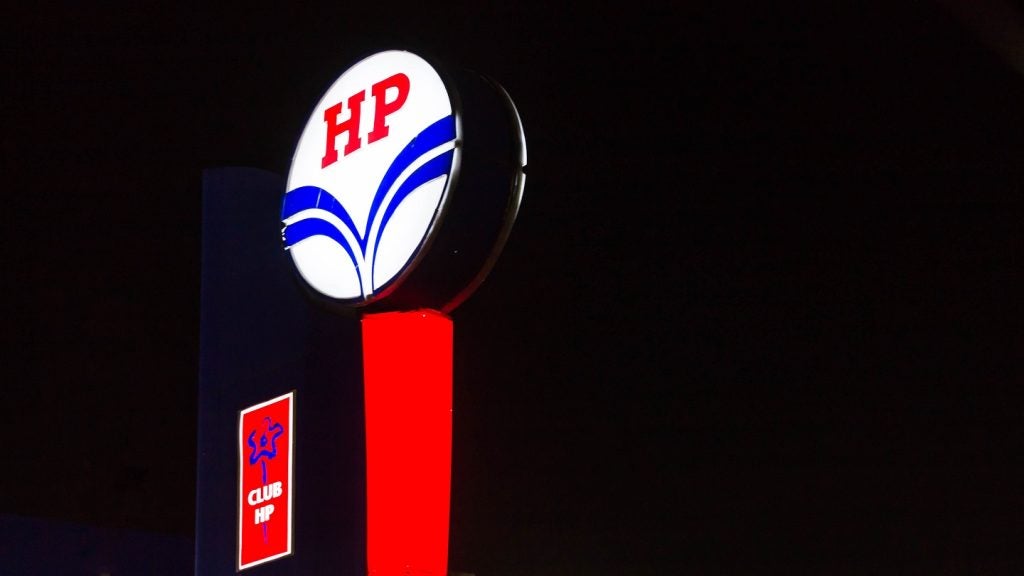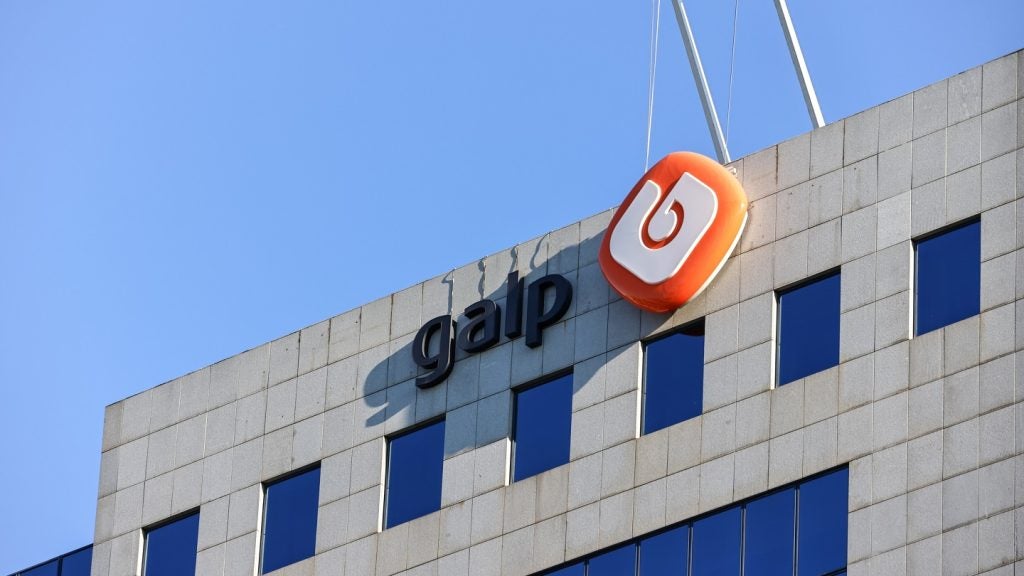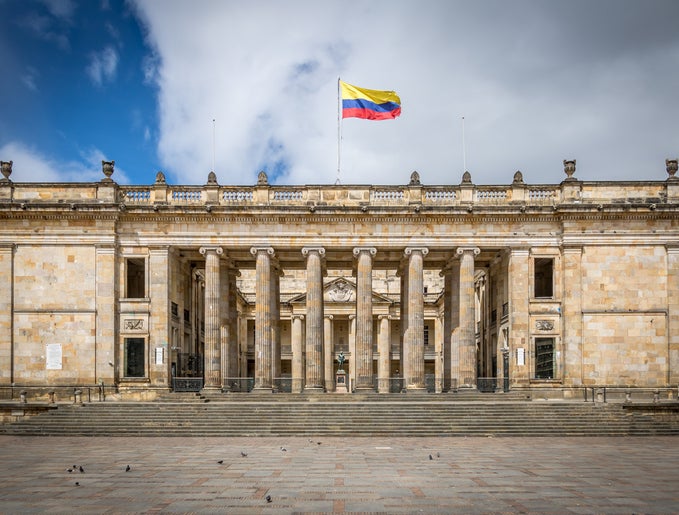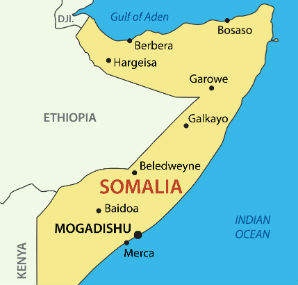
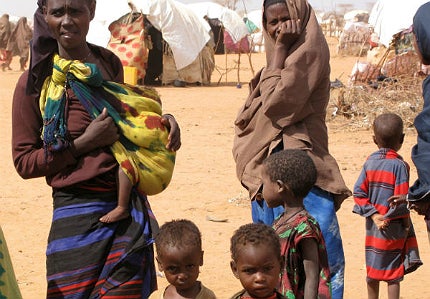
Bob Sheppard is chief executive of Soma Oil & Gas, a private UK company dedicated to hydrocarbon exploration in Somalia. He also founded and serves as chairman of the consulting company, IPM Advisors.
Since 2010, Sheppard has been a non-executive director of the Blackrock Emerging Europe Trust and is a director of DTEK Holding, the largest private energy company in Ukraine.
He is also a senior adviser to BP on Russia and the former Soviet Union. He served on the board of TNK-BP until 2008 and was president of Sidanco prior to the merger that created TNK-BP.
During more than 40 years in the energy business, Sheppard has been the president of Amoco’s operations in Argentina and Egypt as well as managing director of the Gulf of Suez Petroleum Company (GUPCO) and was Amoco’s vice-president for the UK North Sea.
See Also:
Julian Turner: Please can you begin by talking about the impetus behind Soma Oil & Gas.
How well do you really know your competitors?
Access the most comprehensive Company Profiles on the market, powered by GlobalData. Save hours of research. Gain competitive edge.

Thank you!
Your download email will arrive shortly
Not ready to buy yet? Download a free sample
We are confident about the unique quality of our Company Profiles. However, we want you to make the most beneficial decision for your business, so we offer a free sample that you can download by submitting the below form
By GlobalDataBob Sheppard: Soma Oil & Gas was founded earlier this year by myself, Basil Shiblaq, a founding shareholder in Ophir Energy – a FTSE 250 oil and gas exploration company based in London and operating in Africa – and the former British home secretary and leader of the Conservative Party Lord Howard of Lympne.
JT: What was behind Soma Oil & Gas’s decision to invest £20m in Somalia’s oil and gas infrastructure?
BS: Following the most recent discoveries in East Africa of commercial quantities of oil in Kenya and Uganda, along with gas in Tanzania and Mozambique, the Somali acreage is highly prospective.
On 6 August 2013, Soma Oil & Gas signed an agreement with the Government of the Federal Republic of Somalia to assist in the development of the country’s hydrocarbons sector.
Under the terms of that agreement, Soma Oil and Gas will conduct seismic surveying in Somalia’s territorial waters in uncontested areas agreed with the government, as well as in certain limited onshore areas.
The company will also collate and reprocess historic seismic data using modern techniques, and prepare an evaluation of Somalia’s petroleum potential. Soma Oil & Gas will create a data room for the Somali Government, into which all available information will be placed.
JT: What are the main challenges to locating and recovering Somalia’s hydrocarbon reserves?
BS: When it comes to frontier exploration, there are always challenges and risks, but Soma will provide the proportionate measures to overcome any such challenges throughout the course of its two-phase seismic work programme, which will enable the Federal Government of Somalia to assess the recovery potential of its acreage.
Soma’s seismic programme will entail seismic surveying, collation and analysis of data principally relating to offshore deep-water uncontested areas agreed with the Federal Government.
As mentioned, this will include the acquisition of 2D seismic data, the consolidation and digitalisation of existing information and the creation of a data room.
JT: How did Soma manage to negotiate such a potentially lucrative deal, the first of its kind since the election of Somali president Hassan Sheikh Mohamud in September 2012?
BS: Soma approached the Federal Government of Somalia with this unique offer at a time when the government was looking to reopen its hydrocarbons sector.
It is in the nature of frontier exploration that independents undertake the early work, while international oil companies (IOCs) enter once sizeable discoveries have been made.
Soma has the risk profile to enable us to seize this opportunity and secure first mover advantage.
JT: How will production sharing agreements for prospective areas work in practice and how will Soma Oil & Gas decide which blocks to exploit?
BS: The survey that Soma Oil & Gas conducts in Somalia will give it the right to nominate and obtain exploration and drilling rights under production sharing agreements for prospective areas.
First mover advantage should [help] the company to secure attractive high-prospective acreage up to 60,000km², which equates to 12 5,000km² blocks as per the 2008 Petroleum Law.
JT: Prior to 1991, many international oil companies were granted E&P licences in Somalia. Are any of these permits still valid, and which other oil and gas multinationals have a stake in the region?
BS: There were 12 IOCs with licences in Somalia including ConocoPhillips, Shell, Eni and Chevron. The companies declared force majeure in 1991 and have yet to recommence operations.
The Somali Government has stated that all pre-1991 licence holders will have the right to retain their licences, subject to renegotiation as production sharing agreements.
The government has also declared that any licences issued by other federal member states will require the approval of the Federal Government in Mogadishu.
The government’s aim is to accelerate the pace of exploration and development activity and create the conditions whereby the IOCs can recommence their work programmes. Soma Oil & Gas will work with the government to assist this process, while avoiding conflict with any existing licence holders.
Soma’s efforts are likely to be of significant interest and potential benefit to interested IOCs and will demonstrate to the IOCs that it is operationally possible to work in the country and thereby encourage the IOCs to recommence their work programmes.
JT: Please could you talk about Soma Oil & Gas’s anti-bribery, corruption and environmental management policies, and how the company plans to ensure that ordinary Somalians benefit from the nation’s potential oil and gas boom?
BS: Soma Oil & Gas subscribes fully to the principles of the UK Bribery Act and has a zero tolerance approach with respect to its anti-bribery and corruption policy.
The company’s risk and environmental management policies are in line with sector best practice and Soma will be working closely with the government to ensure that the opening up of the hydrocarbons industry in Somalia is of benefit to the country and local stakeholders.
JT: Finally, does Soma Oil & Gas plan to invest in any other regions in East Africa (and beyond) and what are its main operational deadlines over the next 12 to 18 months?
BS: Soma was formed specifically to explore the energy potential in Somalia and this agreement is a significant step towards this. Soma is purely focused on completing its seismic work programme over the next 12 to 18 months.
Related content
Largest oil fields in the world
It comes as no surprise that the top three largest offshore oil fields in the world are located in the Persian Gulf – two of them operated by Saudi Arabia and one by UAE.
The cold war: how sea ice impacts on Arctic operations
Ice floes forced Shell to stop drilling operations in the Arctic and the threat is set to escalate as summer sea ice disappears at an accelerated rate.


.gif)

